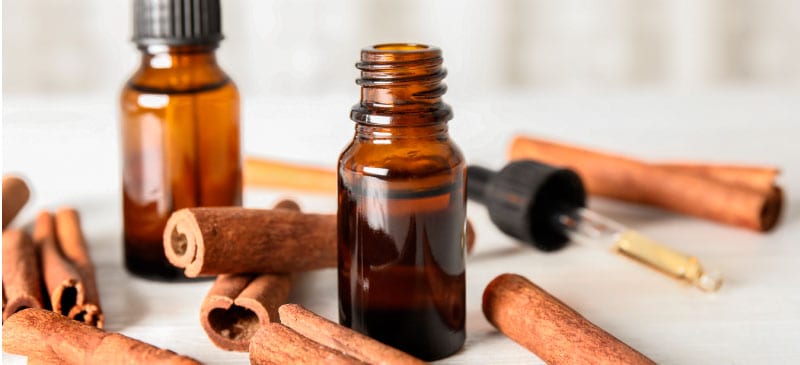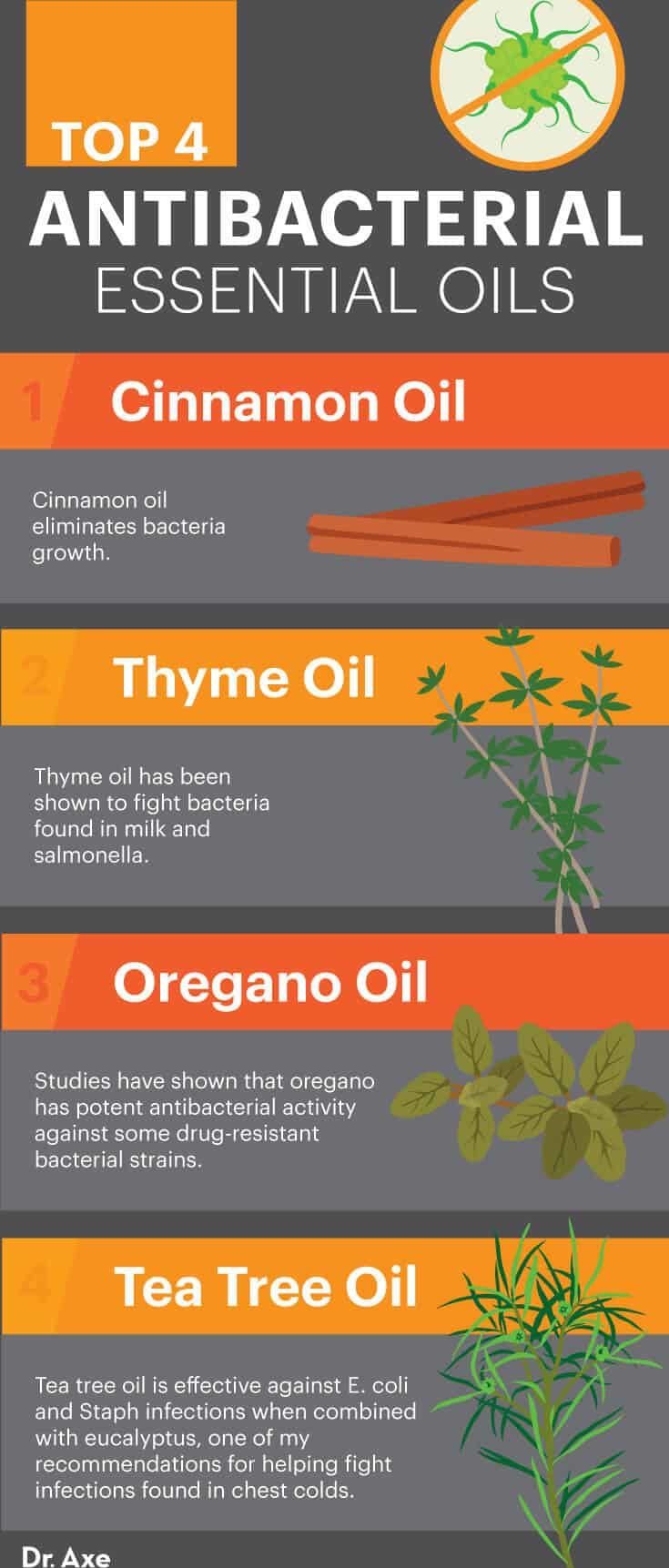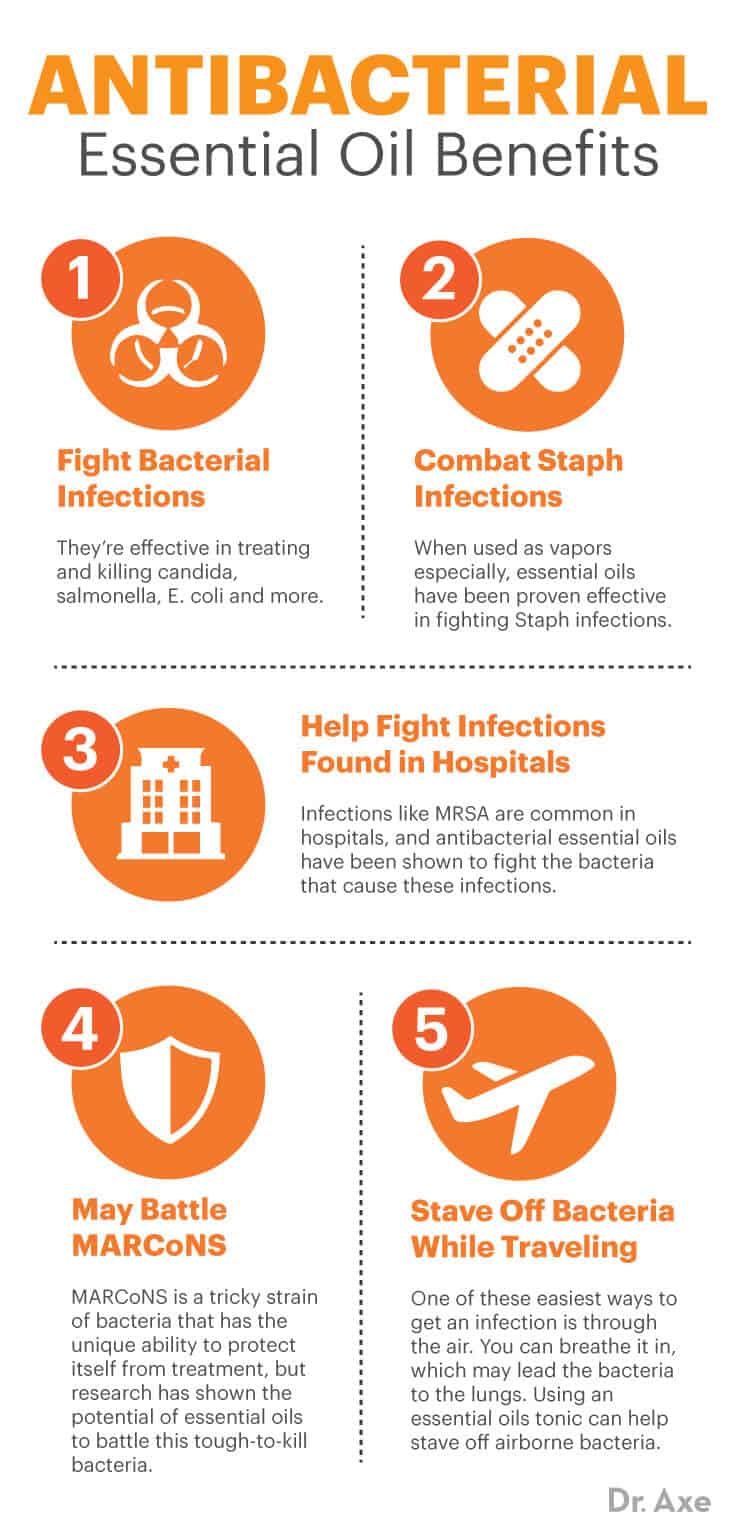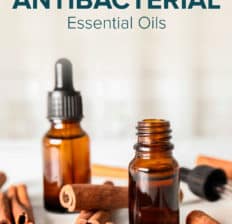This Dr. Axe content is medically reviewed or fact checked to ensure factually accurate information.
With strict editorial sourcing guidelines, we only link to academic research institutions, reputable media sites and, when research is available, medically peer-reviewed studies. Note that the numbers in parentheses (1, 2, etc.) are clickable links to these studies.
The information in our articles is NOT intended to replace a one-on-one relationship with a qualified health care professional and is not intended as medical advice.
This article is based on scientific evidence, written by experts and fact checked by our trained editorial staff. Note that the numbers in parentheses (1, 2, etc.) are clickable links to medically peer-reviewed studies.
Our team includes licensed nutritionists and dietitians, certified health education specialists, as well as certified strength and conditioning specialists, personal trainers and corrective exercise specialists. Our team aims to be not only thorough with its research, but also objective and unbiased.
The information in our articles is NOT intended to replace a one-on-one relationship with a qualified health care professional and is not intended as medical advice.
Top 4 Antibacterial Essential Oils
July 14, 2023

If you’re looking to fight bacteria, there’s no better natural option than a combination of healthy foods and antibacterial essential oils.
Prescribed antibiotics can make bacterial strains antibiotic resistant. In other words, synthetic forms of antibiotics typically kill the good bacteria that resides in our bodies, and we need that good bacteria to stay healthy. At the same time, many antibiotics are not effective at killing bacteria at all because the infection you’re trying to fight becomes resistant to the medication due to its widespread use.
That’s why you should cut back on the antibacterial soap and prescription meds and instead opt for these antibacterial essential oils when you can.
Top 4 Antibacterial Essential Oils
Essential oils have been around for centuries and used for health purposes, whether we’re talking essential oils for anxiety and depression to essential oils for arthritis and allergies, so the idea of using them to fight infection is not anything new. Ultimately, evidence shows that antibacterial essential oils can effectively kill bacteria without becoming resistant to it making, them great antibacterial and antimicrobial resources.
Here are some of the most effective:
1. Cinnamon Oil
Not only do I love the taste of cinnamon and use it all the time in my wellness tonics, baking and on my gluten-free oatmeal, but it’s even better knowing that every time I consume it, I’m fighting off potential bad bacteria in my body.
Research published in the Journal of Contemporary Dental Practice was conducted on the effectiveness of cinnamon oil against “planktonic E. faecalis” in a root canal procedure. The results showed that the cinnamon essential oil eliminated bacterial growth after seven and 14 days of procedure, making it a compatible natural option.
The study concluded that “Cinnamomum zeylanicum essential oil is an efficient antibacterial agent against planktonic and biofilm E. faecalis and has can be a great antimicrobial agent in root canal treatment.”
2. Thyme Oil
Thyme oil is great as an antimicrobial and antibacterial, as shown by research. Studies were conducted at the University of Tennessee’s Department of Food Science and Technology to evaluate its effect against bacteria found in milk and salmonella. Like with the cinnamon essential oil, droplets of thyme essential oil with the GRAS recognition (generally recognized as safe) were placed on the bacteria.
The results, published in the International Journal of Food Microbiology, indicate that the “nanoemulsions” could be great options for protecting our bodies from bacteria by using thyme oil as an antimicrobial preservative for food. Wouldn’t this be a better choice than the usual chemical approach? Of course!

3. Oregano Oil
Interestingly, yet not surprisingly, bacterial resistance to standard antibiotics has become a big problem in the health industry. This has brought more attention to plants as possible alternatives to fight bad bacteria.
Studies have shown that oregano oil and silver nanoparticles, also known as colloidal silver, have potent antibacterial activity against some drug-resistant bacterial strains. Results showed that both individual and combined treatments provided reduction in cell density, which gives way to antimicrobial activity through the disruption of cells.
Overall, these results indicate that oregano essential oil can be an alternative in the control of infections.
4. Tea Tree Oil
Tea tree oil is an amazing alternative to fighting bacteria topically. Research out of India found that tea tree oil was effective against E. coli and staph infections when combined with eucalyptus, one of my recommendations for helping fight infections found in chest colds.
The study revealed that upon application, there was an immediate effect followed by a slow-released effect over a 24-hour period. This means that there is an initial cellular response at the moment of utilization, but the oils appear to continue working within the body, making them great options as antimicrobials as well.
I recommend mixing one of these oils, or a combination, with one teaspoon of Manuka honey and/or coconut oil and applying topically to the affected area. You can even combine one drop each of oregano oil, cinnamon and thyme with Manuka honey and take it as a tonic, though I always suggest you ensure that you’re fully educated about all oils before ingesting them, especially if you have a medical condition or are pregnant or breastfeeding.
Ultimately, what’s great about these oils is that they’re more gentle on the gut lining and can be used for short periods internally, and longer externally, as long as your doctor approves and you don’t have any negative reaction to them.
Many of my patients have great results against bacterial infections when working with a protocol that includes antibacterial essential oils, bone broth and probiotics.
Benefits
1. Fight Bacterial Infections, such as Candida and E. Coli
Essential oils have been known to exhibit antibacterial properties for a very long time.
A study was conducted using 52 different essential oils against various bacterial strains, including candida, salmonella and staph infections, along with skin infections and pneumonia. Two oils that the study specifically noted as being most effective were thyme essential oil and vetiver oil.
This is why many pharmaceuticals may be looking to plant extracts to play a role in medicine and as preservatives.
2. Combat Staph Infections
Several oils were studied at the Department of Biological Sciences at Manchester Metropolitan University against various staph infections, including patchouli oil, tea tree oil, geranium oil, lavender oil and grapefruit seed extract. They were used individually and in various combinations to evaluate how effective they may be in providing antibacterial activity against “three strains of Staphylococcus aureus specifically Oxford S. aureus NCTC 6571 (Oxford strain), Epidemic methicillin-resistant S. aureus (EMRSA 15) and MRSA (untypable).”
When used as vapors, the combination of grapefruit seed extract and geranium oil was most effective as an antibacterial agent, as was a combination of geranium and tea tree oil.
3. Help Fight Infections Found in Hospitals
It’s no wonder that some people are uncomfortable when going to hospitals due to the numerous infections that are found there. Several essential oils were tested against Staphylococcus aureus (MRSA), which can cause severe problems with infections involving soft tissue, bone or implants.
Tea tree oil and eucalyptus oil showed positive results in their ability to fight several bacteria. In fact, these oils have been used in medicinal environments against various strains that have become resistant to other preventive medicines.
Further testing was evaluated using other essential oils, including thyme, lavender, lemon, lemongrass, cinnamon, grapefruit, clove, sandalwood, peppermint, kunzea and sage oil. Most effective were thyme, lemon, lemongrass and cinnamon oil — however, all oils showed considerable antibacterial protection as effective topical treatments.
4. May Battle MARCoNS
MARCoNS is a tricky strain of bacteria defined as multiple antibiotic-resistant coagulase negative staph. MARCoNS is challenging because it has this unique ability to protect itself from treatment, even antibiotics, by forming a protective biofilm.
According to research published in Applied and Environmental Microbiology, certain antimicrobial essential oils were able to get rid of bacteria within biofilms much better than prescribed antibiotics. The study tested a few essential oils to see how well they could be at killing biofilms formed by “Pseudomonas aeruginosa (PAO1), Pseudomonas putida (KT2440), and Staphylococcus aureus SC-01. P. aeruginosa,” which is a bacteria found in soil, water and animals, providing the perfect pathway into the human body.
Because biofilms are able to avoid treatment with antibiotics and may cause severe — even deadly — infections, there is a need for other safe and effective treatments that don’t create resistance to these dangerous strains. Cinnamon essential oil has been studied and may have the much-needed antibacterial protection.
5. Stave Off Bacteria While Traveling
Bacteria enters the body through openings, such as the mouth, ears and nose. You can eat them if the animal or plant you consume contains a virus or bacteria.
They also can be obtained through swimming in or drinking bacteria-infected water. These invaders can even get into the body through the pores of the skin.
One of these easiest ways to get an infection is through the air. You can breathe it in, which may lead the bacteria to the lungs. This is why it is so important to cover your mouth when sneezing.
Traveling, especially in airports and train stations, can put you in a highly bacteria-susceptible position. We all have to breathe, but taking some precautions before, during and after travel can really help.
I have a favorite tonic that I like to take the day before and the day of travel. I basically make a tonic using the ingredients from my Secret Detox Drink, but I add a drop of oregano oil, which is a natural antibiotic that can help fight off invaders as you come into contact with them.
Oregano essential oil was used in research to show its efficacy against certain bacterial strains. Results indicated that oregano essential oil contained positive bacteria-fighting and antimicrobial effects.

How to Use
As I noted above, there are a few ways to use some of the essential oils. You can use them internally (only if 100 percent pure), topically and by diffusing them.
Here are a couple of my favorite antibacterial recipes.
Antibacterial Super Tonic
INGREDIENTS:
- 1 drop oregano essential oil
- 1 drop ginger essential oil
- 1 drop peppermint essential oil
- 1 drop grapefruit essential oil
- 1 drop cinnamon essential oil
- 1 drop of thyme essential oil
- ½ cup of water
DIRECTIONS:
- Combine all ingredients into a glass, and stir well. Once combined, drink.
Precaution: This should only be consumed if approved by your physician and through proper educational resources. It’s important that you’re certain that the oils you’re using are pure and approved for ingestion, as many oils have been combined with other ingredients. Always carefully read the label.
Antibacterial Super Topical Tonic
INGREDIENTS:
- 1 drop tea tree oil
- 1 drop ginger essential oil
- 1 drop vetiver oil
- 1 drop lavender oil
- 1 teaspoon coconut oil
DIRECTIONS:
- Combine all ingredients in a small bowl or in the palm of your hand.
- Apply on the abdomen or directly on the infected area outside the body twice a day.
- If you notice any irritation, stop using immediately.
Risks and Side Effects
There are many antimicrobial, antibiotic and antibacterial essential oils that may be hugely beneficial for fighting existing infections as well as preventing them in the first place. Regardless, essential oils are a highly concentrated extraction from plants and need to be used with proper education.
Make sure to check with your doctor, and if you doctor does not have any knowledge, find a holistic or functional medicine doctor in your area.
Final Thoughts
- Antibiotic resistance is on the rise, as is antibacterial overkill that leads to more bad bacteria spreading. Thankfully, antibacterial essential oils can help avoid this.
- The top four antibacterial essential oils are cinnamon, thyme, oregano and tea tree oils. These antibacterial essential oils have been shown to fight bacterial infections like candida and E. coli, combat staph infections, help fight infections found in hospitals, potentially battle MARCoNS, and stave off bacteria while traveling.






